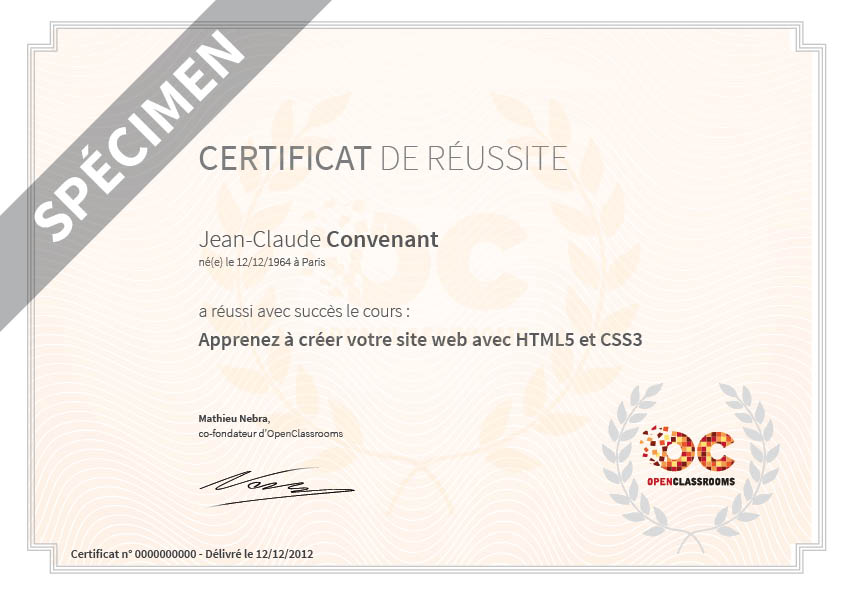We’re now reaching the end of our first journey into entrepreneurship. We shared in this program the principles, the rules of experience that prevail throughout the journey.
We covered 3 main topics:
The skillset and mindframe of the entrepreneur (“Find your entrepreneurial skills”)
How and where to look for ideas and opportunities ? (‘Recognize opportunities”)
How to analyze innovative business ideas and find the one that is promising enough ?(“Let’s analyze your ideas”)
The first topic is organized around 4 pillars:
The DNA of entrepreneurial innovative talent is about watching the world differently
Launching a startup is not a rational decision. It is an act of faith, based on the feeling that, despite the odds that are always against you, you believe you can get it to work
Building an innovative venture is like driving in the dark, it is an exploration journey, where the crucial skill is the ability to learn and iterate quickly
Building the founding team is crucial, it starts with knowing yourself, it goes with looking for diversity, debate, disagreement in the people you work with during the early days, and it ends with sensing when you might have to step aside from the venture, because the leadership and management profile has become desynchronized with your profile
The second topic, “Recognize opportunities” covers 2 questions:
The 5 on-going daily routines that every innovator, every entrepreneur should put in place (observe, associate, question, network, experiment)
The canonical sources of business ideas: trends, changes in a sector, science
And the 3rd topic, “Let’s analyze your ideas”, introduces both a process and a generic framework to help you, assess and structure your project:
The framework helps profiling your venture across 2 key questions:
Is there business opportunity ?
Is it an opportunity for a startup
Each of these questions leading to a small number of subquestions / early investigation on your idea.
The process consists in a 4 steps assessment:
What is the DNA of the core know, as it will drive how you will spend and burn resources
What is the nature of the competitive battleground, because it’s crucial you anticipate on whom you will meet, as competitors, on the market place, and how you can fight with them.
Find a comparable is a vital step, in the way a comparable often brings a first validation of the core hypothesis of your business case.
And last, is about building the framework described above.
We’ve shared quite a lot of content. You may have to get back to the lectures several time. This is a normal process. Remember that entrepreneurship is the art of questioning! The principle and the counter principle may work both, depending on the context, and the real value lies in asking yourself the right questions; the right answers will come later, along the way after a number of mistakes.
These ideas developed above represent, I believe, a very important input in supporting your personal attempt in building venture. They might seem sometimes as high level perspective, hard to transpose and apply to your case, it is somehow a normal feeling. It takes time and probably a little bit of pain (from your personal trial and failures) to fully grasp their meaning. In this digestion process, it is important that you find, around you, some coaches and mentors, experienced entrepreneurs who will help you in this learning process.
This program will be followed by 2 moocs that will complement this one, and cover the next stages of the entrepreneurial process :
Developing your entrepreneurial venture
Launching your venture
We hope to see you again there !
Please feel free to share your feedback on this program, what you liked, and more importantly what you disliked, what you thought could be better covered or explained, or what you disagree with. This is extremely important, as for every entrepreneur who learns from what fails, what’s wrong, we need your suggestion to improve this program.
That’s all folks!
